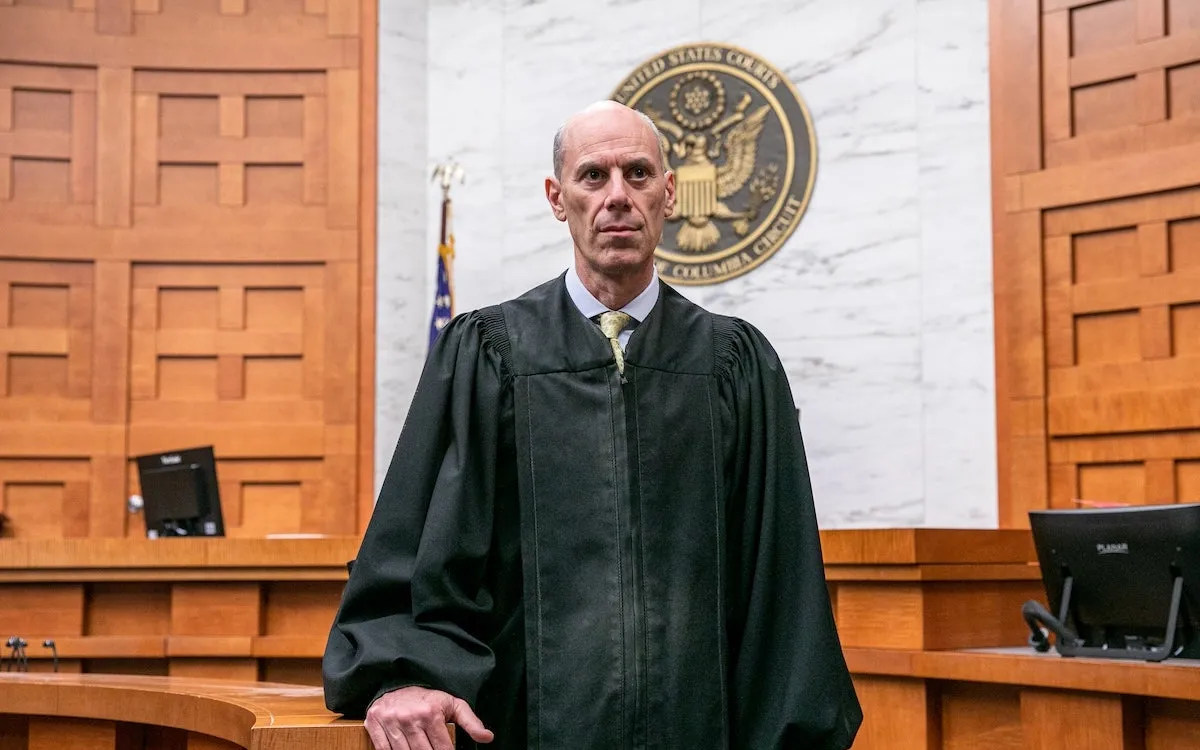
A federal judge has ruled that the Trump administration failed to meet a crucial court deadline regarding the disclosure of details concerning deportation flights to El Salvador. This ruling intensifies the ongoing legal confrontations between President Donald Trump and the judiciary. U.S. District Judge James Boasberg expressed his dissatisfaction, stating that the government’s legal team did not comply with the deadline he had set for submitting vital information about these deportation flights.
Judge Boasberg specifically pointed out that the deportation flights in question involved individuals who were targeted for immediate removal under the 1798 Alien Enemies Act. Furthermore, he questioned whether the administration knowingly defied his court order. In a pointed order issued on Thursday evening, Boasberg emphasized that the government had once again evaded its responsibilities to provide the necessary details about the flights, despite being given the chance to submit information under seal.
The filing submitted by the government was not only hours late but also inadequate in answering the judge's inquiries. Instead of comprehensive data, the court received a brief six-paragraph declaration from a regional ICE office director based in Harlingen, Texas. This declaration indicated that Cabinet secretaries were deliberating on whether to invoke the state secrets act privileges concerning the requested information.
Judge Boasberg deemed this response to be "woefully insufficient," highlighting the administration's ongoing pattern of non-compliance. Just days prior, he had granted an emergency restraining order that blocked the Trump administration from using the 1798 law to deport Venezuelan nationals. This order was particularly aimed at protecting alleged members of the gang Tren de Aragua for a duration of 14 days. He also mandated that any flights currently in the air should return to U.S. soil immediately.
Despite the judge's order, a plane carrying hundreds of U.S. migrants, including Venezuelan nationals, landed in El Salvador shortly after the ruling. In response, Judge Boasberg ordered the government to provide more information to facilitate a fact-finding hearing. This hearing aimed to ascertain whether the Trump administration had knowingly violated his order and to quantify the number of individuals deported.
Faced with repeated failures to comply with the court's requests, the Trump administration cited national security concerns as the reason for their lack of transparency. However, the judge had permitted them to submit the required information under seal by noon on Thursday. He requested specific details regarding the number of planes that departed the U.S. on a particular Saturday, the individuals aboard each flight, their landing locations, and the exact times of departure.
Judge Boasberg further stated that the government could not present a regional ICE official to validate discussions at the Cabinet level concerning the invocation of the state-secrets privilege. He noted that the declaration provided was based solely on the official’s unsubstantiated "understanding" of the situation. Consequently, he mandated the Trump administration to submit a brief by March 25, explaining why they had not adhered to his order by failing to return individuals on the first two flights that arrived from El Salvador on March 15.
By March 21, 2025, at 10:00 a.m., the defendants were required to submit a sworn declaration from someone directly involved in the Cabinet-level discussions regarding the state-secrets privilege. Judge Boasberg had previously warned the Trump administration about potential consequences if it violated his orders.
Despite these legal proceedings, reports indicated that at least one plane with deported migrants arrived in El Salvador later that evening. President Nayib Bukele of El Salvador humorously remarked on the situation on social media, saying, "Oopsie, too late."